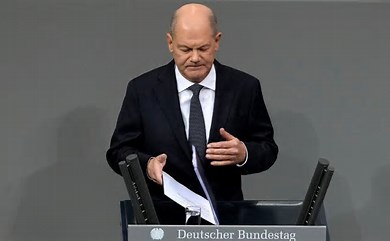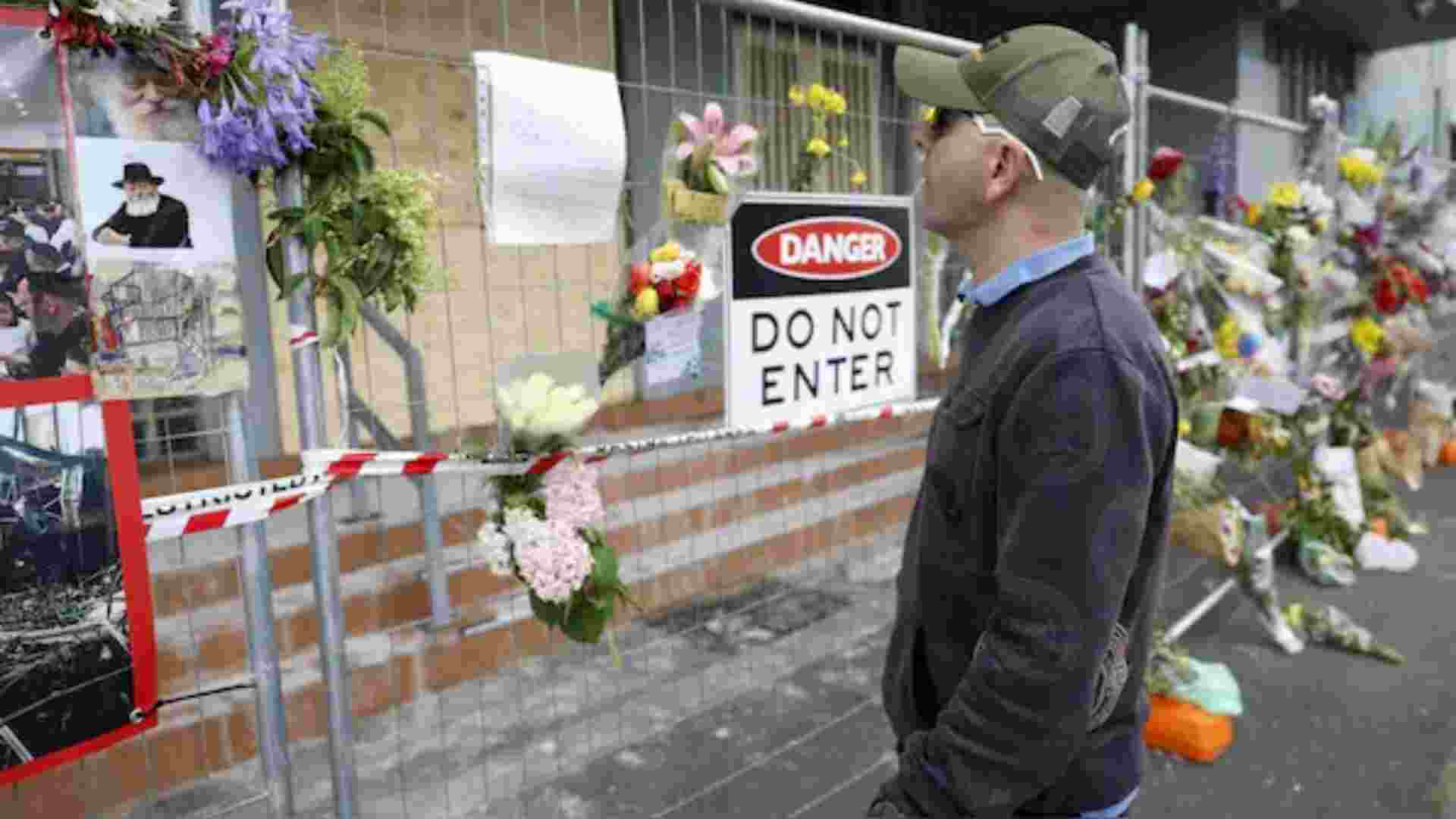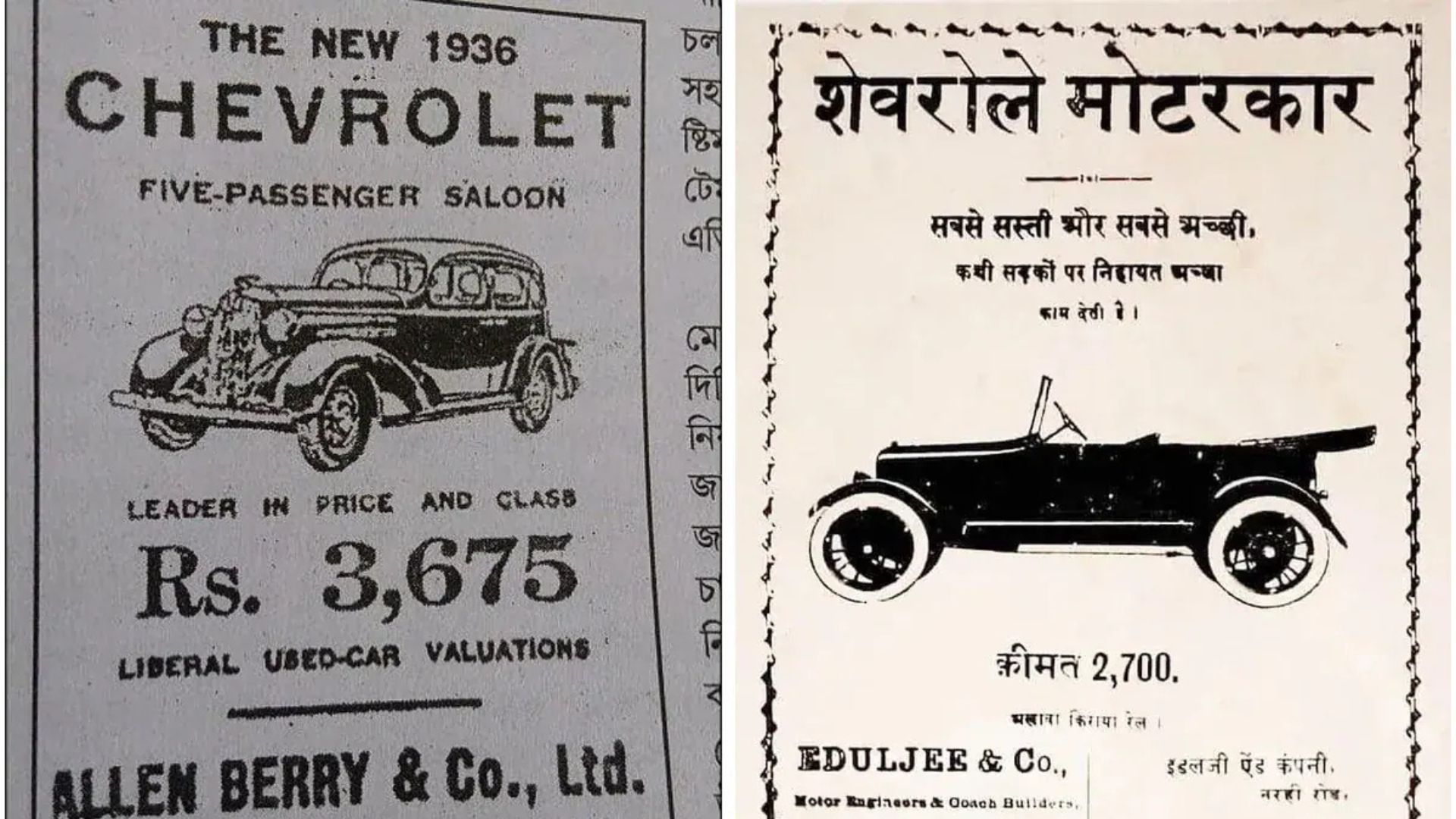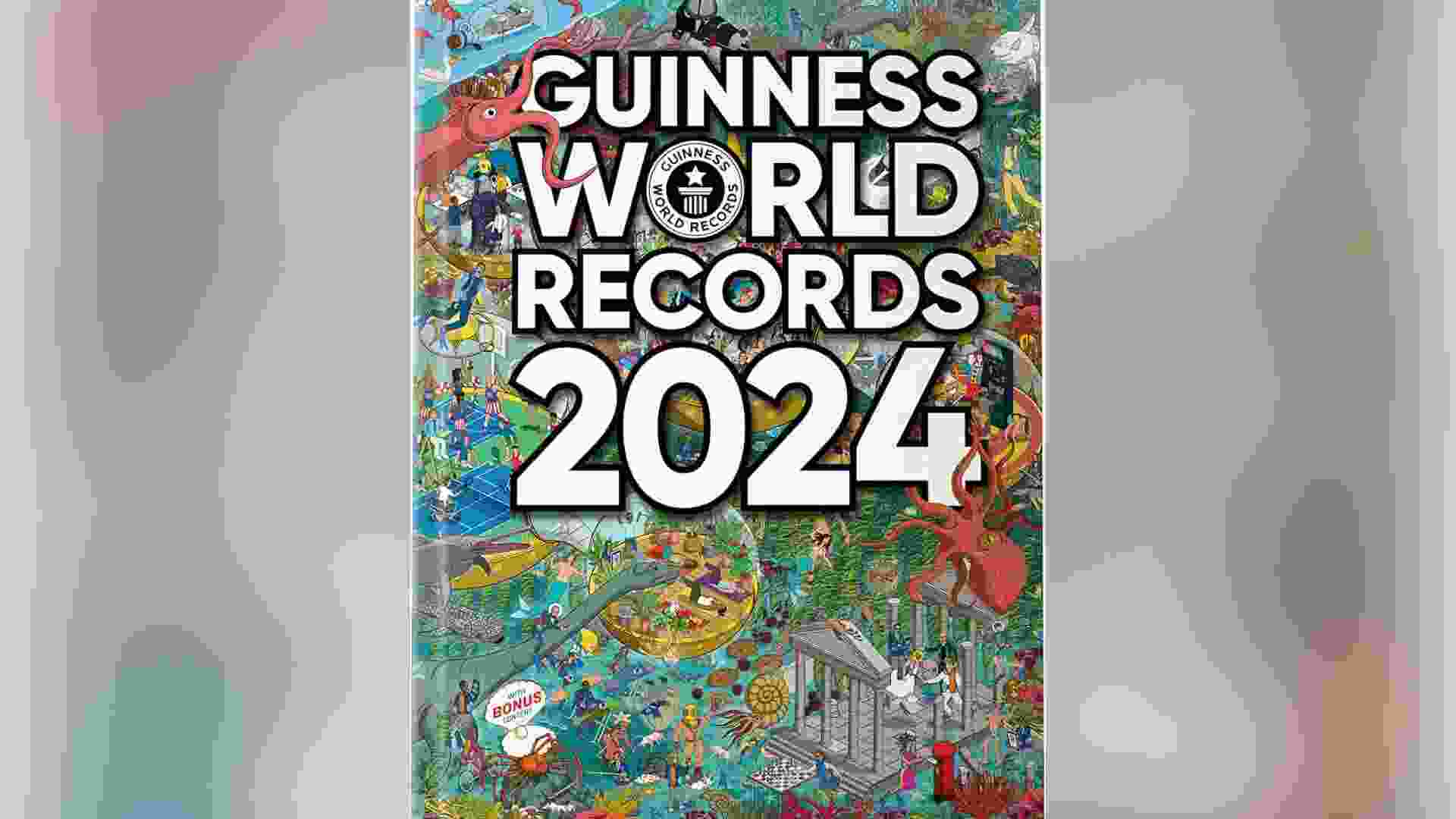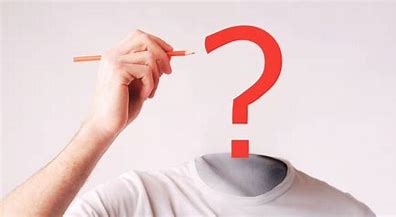
Europe’s Identity Crisis: How India Can Help Shape Stability
Europe is undergoing a geopolitical and cultural shift, facing challenges ranging from migration integration issues to weakening alliances with the United States. Power in Europe, traditionally held by Western European nations, is now shifting towards the Central and Eastern regions. Amidst this, Europe seeks greater engagement with Asia—where India emerges as a reliable partner.
This realignment marks a historic opportunity for both regions to strengthen ties based on shared economic goals, cultural values, and global influence.
The Shifting Power in Europe
- From West to East:
- Western Europe has long dominated economically and politically. However, Central and Eastern Europe now lead in economic growth.
- Hungary’s Prime Minister Viktor Orban emphasized the natural connection between Eurasia—blurring boundaries between Europe and Asia.
- The Rise of Eurasia:
- The narrative of an emerging Eurasian Era reflects Europe’s growing interest in Asian collaboration.
- By 2030, Asia, led by China and India, will surpass North America and Europe in global power measured through GDP, military spending, and technology.
The US-EU Divide
Europe’s shifting stance on global conflicts further highlights the cracks in the US-EU alliance:
- Ukraine War: While the US provides military and financial support to Ukraine, several European nations have limited their involvement, calling for peace.
- Middle East Conflict: Unlike the US’ strong support for Israel, many European leaders criticize Israel’s actions, further diverging their foreign policies.
This shift has compelled Europe to rethink its alliances and explore new relationships to secure its geopolitical future.
Cultural and Migration Challenges
Europe’s open-border policies to rehabilitate migrants from the Middle East and Africa have sparked societal unrest. Poor integration has led to:
- A backlash against neo-liberal policies.
- The electoral rise of right-leaning leaders like Giorgia Meloni (Italy), Geert Wilders (Netherlands), and Marine Le Pen (France).
Many European societies now seek a return to family-centric values and preservation of their rich cultural and religious heritage.
Why India Can Be Europe’s Solution
India stands out as an ideal partner for Europe amidst this identity crisis for several reasons:
- Shared Civilizational Legacy:
- Like Europe, India carries a deep cultural and civilizational history.
- India represents the Global South, positioning itself as a balanced, non-expansionist power.
- Economic Powerhouse:
- India is the fastest-growing large economy globally, offering massive trade and investment opportunities.
- Projects like the India-Middle East-Europe Corridor provide alternatives to China’s Belt and Road Initiative for efficient trade.
- Counterbalancing China:
- Many European nations feel overexposed to China’s influence. Engaging with India helps Europe achieve a strategic counterbalance.
- Global Partnerships:
- On multilateral forums, India and Europe can align strategies to influence global policymaking and counter hostile powers.
The Path Forward: India-Europe Collaboration
Europe’s realignment with India provides mutual benefits:
- For Europe, India offers a stable economic and geopolitical partner to diversify its global alliances.
- For India, Europe’s engagement can act as a watchful ally in India’s sensitive geopolitical neighborhood.
Projects like the India-Middle East-Europe Corridor and cooperation on platforms like the G20 can drive sustainable economic growth and strategic stability.
Conclusion
Europe’s identity crisis calls for new alliances and strategies to secure its future amidst shifting global power dynamics. India, with its economic strength, shared cultural values, and balanced global influence, emerges as a natural partner to help Europe navigate these challenges. Together, India and Europe can foster stability, growth, and a stronger Eurasian collaboration in the years to come.



